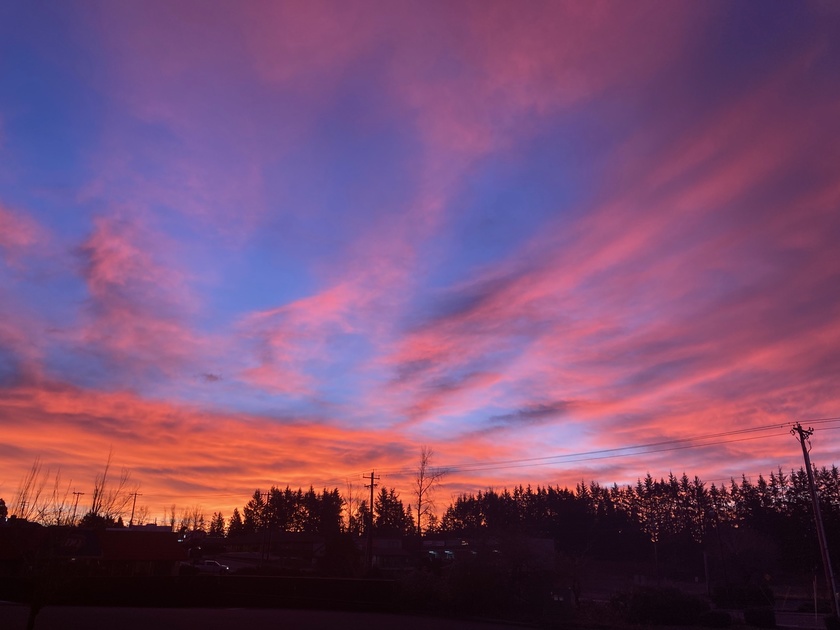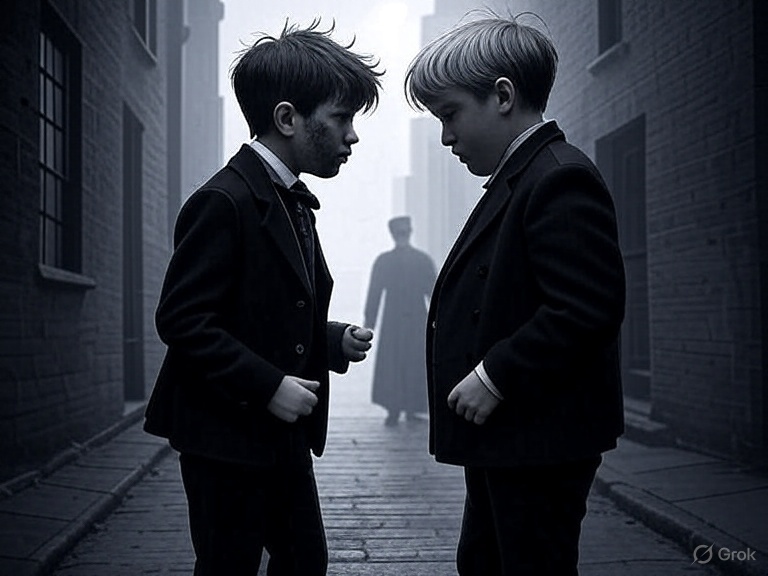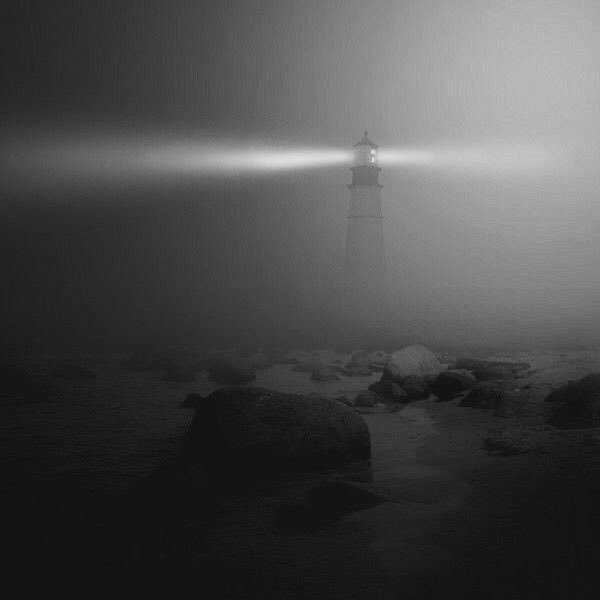I stopped by a favorite used bookstore of mine. I had the day off from work, and so I got up early and headed out. Got a great picture of the sunrise for my troubles and a few novels I'm looking forward to reading. I also happened upon a collection of C. S. Lewis Essays that I didn't recognize. The first of these, On Stories, really struck a chord with me; I had had deep suspicions (or inklings) of such ideas, never quite finding the right form or body to really express it all, not only to others, but also to myself. I felt there was something there, but I never quite knew what it was.
The bottom line that Lewis gets at in his essay is that there is something more, something beyond plot or character, that "Romance" feeds, an eternality which Lewis holds to be more proper to poetry. In his own words, he is "hardly suggesting that anyone who can write great poetry should write stories instead." He is "rather suggesting that what those whose work will in any case be a romance should aim at."
This helped to solve a problem that had been bothering me, the Character versus Plot dilemma which I have heretofore written on. I now have an answer to that question: plot should give to character, or character to plot, by how well the decision serves the mysterious thing called a story. What "story" is in the sense of Lewis's essay is best known by reading the same, but he connects it to poetry. What the few can receive from poetry, that sublime insight into reality which transcends the purely accidental aspects of characters or events, the awe one feels in a sunrise, is the right "aim" of a good story which is by its nature more tied to plot and character than is a poem. In this sense, then, neither plot nor character supersede the other; the ebb and flow of these aspects is in service to something beyond themselves.

…after the first few hours they would be simply cold, hunger, hardship, and danger as you might have met them on Earth. And death would be simply death in a nursing home at Sheffield. No man would find an abiding strangeness on the Moon unless he were the sort of man who could find it in his own back garden.















